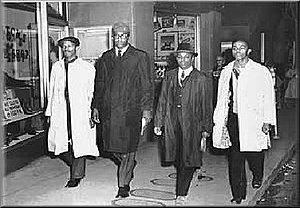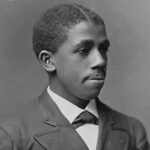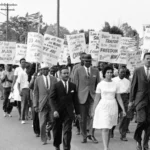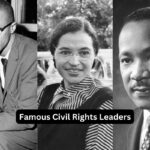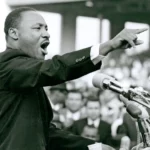A Pioneering Protest: The Greensboro Sit-ins of 1960
Introduction: On February 1, 1960, in Greensboro, North Carolina, a pivotal moment in the history of the Civil Rights Movement unfolded as four African American college students took a courageous stand against racial segregation. This event, known as the Greensboro Sit-ins, marked a turning point in the fight for equal rights and became a symbol of nonviolent resistance.
The Catalyst: Inspired by the teachings of Mahatma Gandhi and fueled by the desire for change, Ezell Blair Jr., David Richmond, Franklin McCain, and Joseph McNeil, students at North Carolina Agricultural and Technical State University, decided to challenge the prevalent segregation policies in the South.
The Act of Defiance: On that fateful day, the four students entered the Woolworth’s department store and took seats at the whites-only lunch counter. Despite facing hostility and racial slurs, they adhered to their commitment of nonviolent protest, silently sitting and demanding service.
The Spread of the Movement: The Greensboro Sit-ins sparked a wave of similar protests across the Southern United States. The peaceful yet powerful act of defiance resonated with many, inspiring students and activists to join the cause against racial segregation.
Impact and Legacy: As the movement gained momentum, businesses began to desegregate their facilities, and the Civil Rights Act of 1964 eventually prohibited segregation in public places. The Greensboro Sit-ins stand as a testament to the transformative power of peaceful resistance and the determination of individuals to challenge injustice.
Conclusion: The Greensboro Sit-ins of February 1, 1960, embody the spirit of resilience and courage that defined the Civil Rights Movement. The actions of these four students ignited a flame of change that contributed significantly to dismantling segregation in the United States. As we reflect on this historic event, let it serve as a reminder of the enduring power of peaceful protest and the ongoing journey toward justice and equality.

